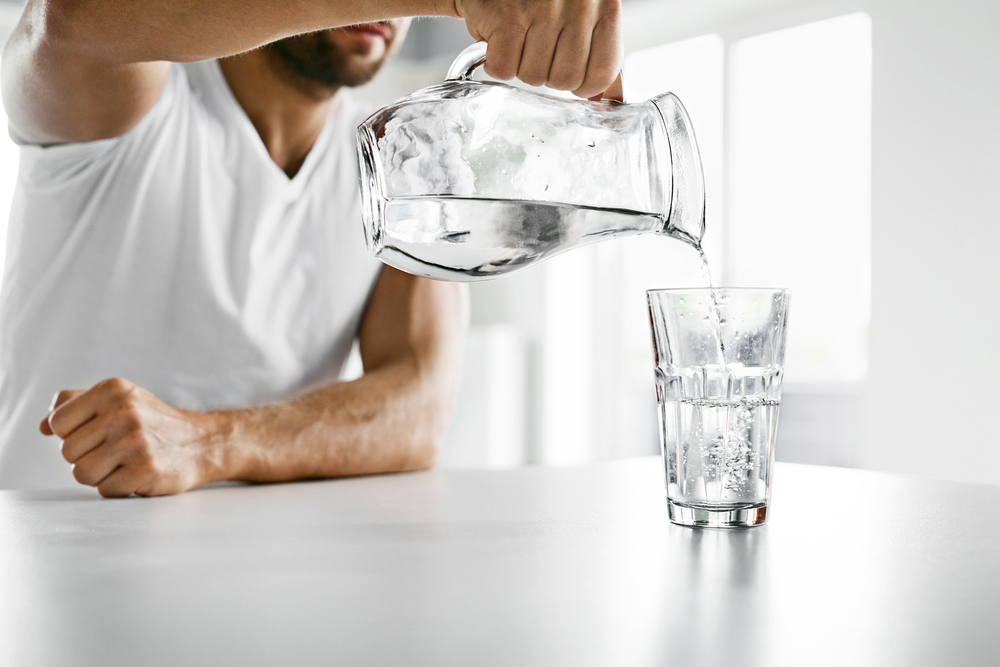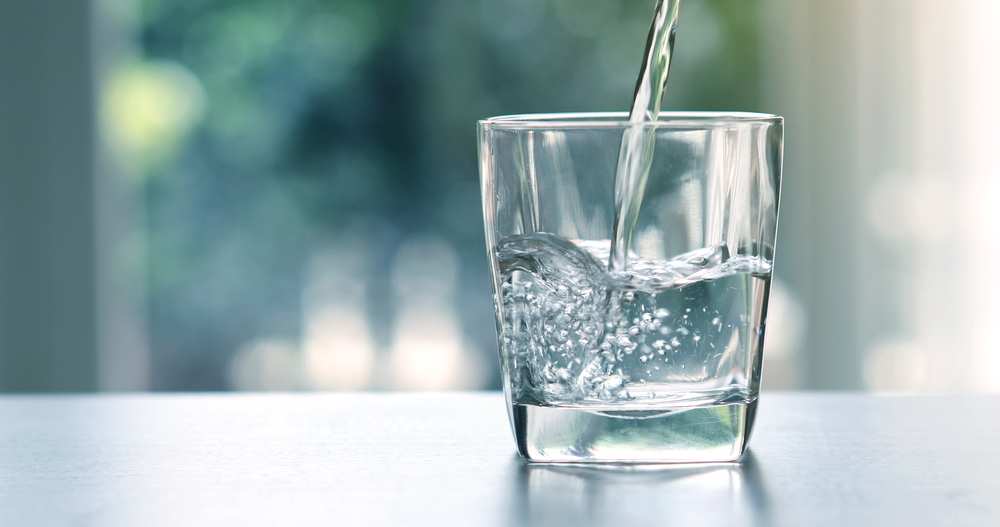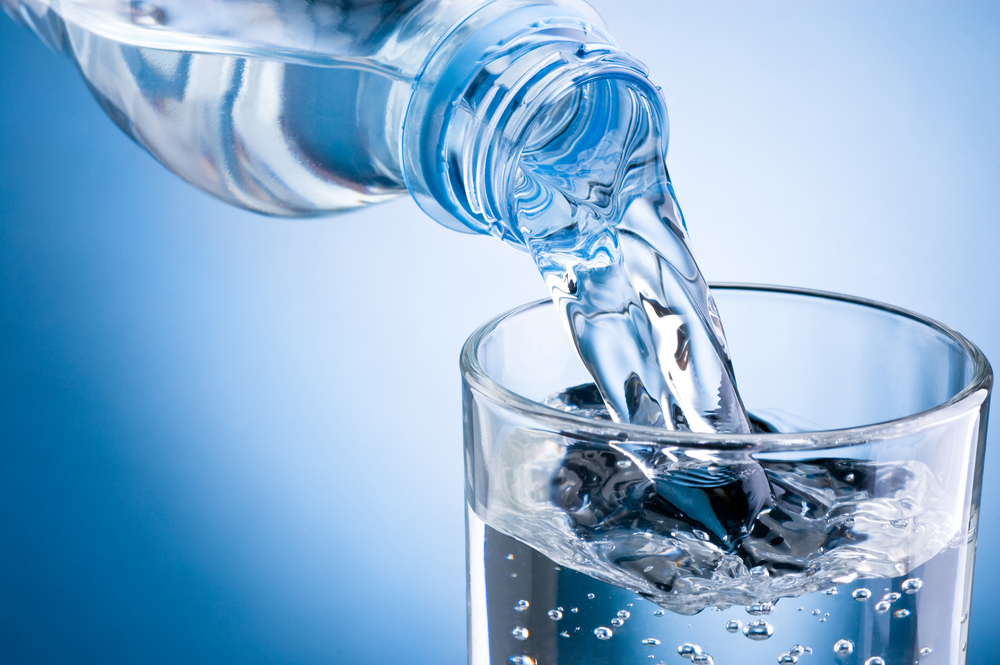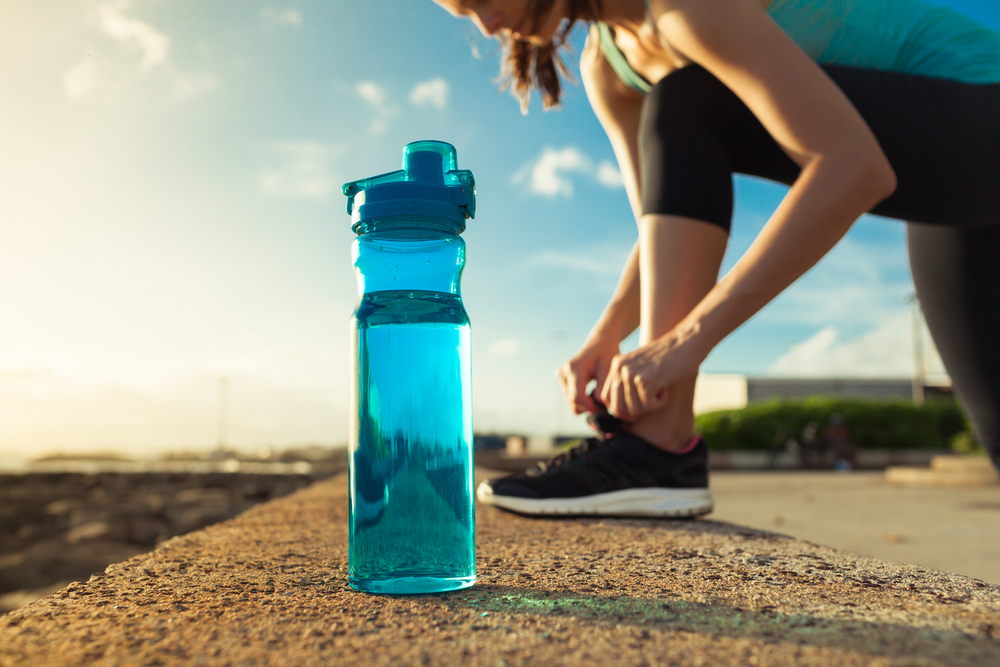Morning Water Myths: Separating Fact from Fiction
For years, wellness blogs, influencers, and self-proclaimed health experts have promoted a simple morning ritual: drink a glass of water on an empty stomach. According to them, this practice can flush toxins, jumpstart your metabolism, and sharpen your mind.
But when we look at the science, much of this advice appears more marketing than medicine. While water is undeniably vital to health, the timing of your hydration—morning versus afternoon—doesn’t offer magical benefits.
Should You Drink Water First Thing in the Morning?
The advice seems logical: after eight hours without fluids, your body is “dehydrated,” so a morning glass of water should wake up your organs, detoxify your body, and improve focus. While a cold glass of water may make you feel more alert or refreshed, research shows no evidence that drinking on an empty stomach provides unique health advantages.

What truly matters is total hydration throughout the day. The body’s organs and systems rely on consistent fluid intake, whether that comes in the morning, during lunch, or in the evening. If starting your day with water helps establish a routine, that’s a practical benefit—but it’s the habit of staying hydrated, not the timing, that impacts health.
Why Hydration Is Crucial
Water isn’t just a thirst quencher—it’s an essential component of nearly every bodily function. Humans cannot produce sufficient water internally to meet daily needs, so it must be obtained through fluids and food. Key roles of water in the body include:
Transporting nutrients: Water carries vitamins, minerals, and oxygen to cells throughout the body.
Regulating temperature: Sweating and blood flow rely on hydration to maintain healthy body temperature.

Lubricating joints: Water acts as a cushion, preventing friction and joint damage.
Supporting saliva and mucus production: Critical for digestion, oral health, and respiratory function.
Protecting the brain and spinal cord: Cerebrospinal fluid relies on proper hydration to act as a shock absorber.
Even mild dehydration can reduce cognitive performance, energy levels, and physical capability. Severe dehydration, though rare in developed countries, can lead to organ failure or death.

Myth #1: Morning Water Flushes Toxins
One of the most persistent myths is that drinking water immediately after waking helps detoxify the body. In reality, your kidneys and liver work 24/7 to filter out toxins and waste products. Drinking water at a specific time of day does not enhance these processes.

A related misconception involves dark morning urine. Many people interpret it as a sign of dehydration. However, urine naturally becomes more concentrated overnight, regardless of whether you’re “under-hydrated.” Dark urine in the morning isn’t necessarily dangerous; it’s simply the body’s way of conserving water while you sleep.
Myth #2: Water Before Breakfast Promotes Weight Loss

It’s commonly claimed that drinking water before breakfast reduces appetite, prevents overeating, and boosts metabolism. There is a kernel of truth: water can temporarily make you feel fuller, slightly reducing food intake. However, this effect is not exclusive to breakfast—it can occur before any meal.

Research indicates that this appetite-suppressing effect is more pronounced in older adults, and the overall impact on daily calorie intake is minimal.
Some wellness influencers also tout the thermogenic effect of water: as your body warms cold water to body temperature, you burn a small number of extra calories. While this effect exists, it occurs regardless of the time of day and does not result in significant long-term weight loss.
Myth #3: Morning Water Boosts Mental Clarity
Hydration does influence brain function. Dehydration can impair focus, short-term memory, and problem-solving skills. Rehydrating restores normal cognitive performance.
But there is no scientific evidence that water first thing in the morning uniquely improves mental clarity. What matters is staying consistently hydrated throughout the day, rather than the timing of your first sip.

Hydration Needs: Factors That Matter
How much water your body requires depends on several variables:
Age: Older adults are more prone to dehydration due to reduced thirst sensation.
s*x: Men and women may have slightly different fluid requirements.

Activity level: Exercise increases water needs, especially during sweating.
Climate: Hot or humid environments increase fluid loss.
Diet: High-protein, high-fiber, or high-salt diets may require more water intake.
For those who live in hot climates, exercise frequently, or work outdoors, fluids alone may not be sufficient. Electrolytes—like sodium and potassium—become essential for replacing what is lost through sweat.
Consistency Over Timing
The central takeaway: hydration is about consistency, not a specific ritual. If drinking a glass of water first thing in the morning helps you remember to drink throughout the day, it’s a useful strategy. But skipping that morning glass does not impair kidney function, metabolism, or brain performance.
Be mindful of overhydration as well. Excessive water intake can lead to hyponatremia, a potentially dangerous dilution of blood sodium levels. The goal is to find a routine that supports your daily activity, climate, and overall health.
Conclusion
Water is essential for life. It supports nearly every function in the human body, from nutrient transport and joint lubrication to temperature regulation and cognitive performance.
Morning water isn’t a miracle cure—it won’t detox your system, accelerate metabolism, or make you smarter in isolation. What matters most is a habit of consistent hydration throughout the day. If a morning glass of water helps set that tone, keep it up—but remember, staying hydrated is a lifelong practice, not a single-time solution.
